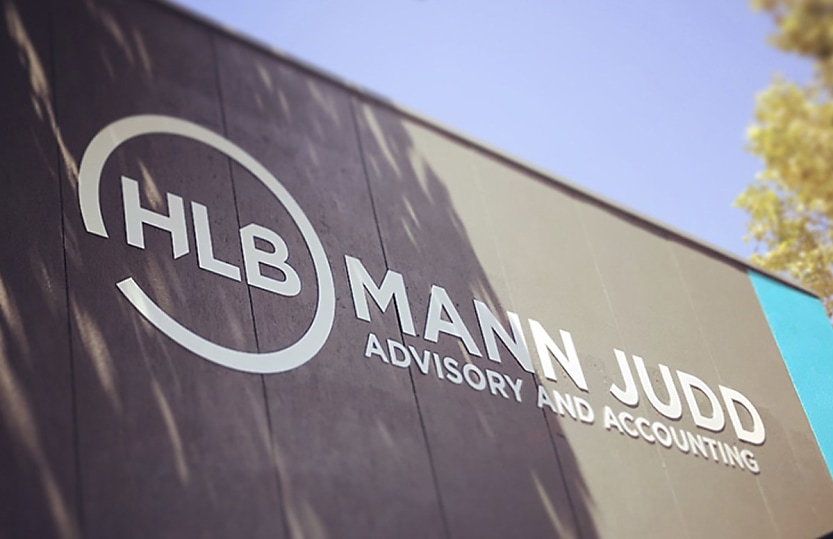Pillar 2 deadlines fast approaching, HLB Mann Judd reminds multinationals

Multinationals covered by Australia’s global minimum tax rules will need to lodge their first Pillar Two tax returns in June 2026.
HLB Mann Judd tax experts have reminded large multinational firms to review and prepare for incoming Pillar Two tax obligations, warning that failure to lodge the appropriate returns could result in hefty 'significant global entities' penalties.
From income years starting on or after 1 January 2024, multinationals operating in Australia with a global turnover of 750 million euros or above will be required to adhere to the Global Base Erosion Model Rules (GloBE), an international framework to impose a 15 per cent global minimum tax for multinational entities.
Failure to lodge on time could result in steep penalties in line with significant global entities, HLB Mann Judd tax experts warned in a recent insight. The current penalty was $165,000 up to the first 28 days, while the maximum penalty was $825,000 per lodgment per Australian entity.
HLB Mann Judd noted that Australia’s implementation of this framework included three core roles. Firstly, from 1 January 2024, the income inclusion rule (IIR) would apply a ‘top up tax’ on Australian entities on behalf of other group members with an effective tax rate of less than 15 per cent.
For multinational groups with parent entities based in a jurisdiction that had not implemented global minimum tax rules, the undertaxed profits rule (UTPR) could impose additional top-up taxes in Pillar Two enforcing countries, to lift the multinational group’s global effective tax rate to 15 per cent.
Lastly, the 15 per cent domestic minimum tax (DMT) would impose a top-up tax on Australian members of a multinational group that had an effective tax rate of less than 15 per cent in Australia.
“Notwithstanding the headline 30 per cent corporate tax rate in Australia, a large multinational company’s effective Australian tax rate may still fall below 15 per cent in some instances, for example, where the company generally has permanent differences between accounting and tax,” the tax consultants noted.
“In these instances, the domestic minimum tax may apply so that Australia would collect the revenue that would otherwise have been collected by another country’s global minimum tax.”
HLB Mann Judd said affected taxpayers would need to lodge returns even if they didn’t owe any top-up tax under the three rules.
As firms adjusted to the new rules, Australian tax authorities have implemented transitional safe harbour rules, which provide temporary relief to affected entities during fiscal years beginning on or before 31 December 2026.
A multinational entity may be eligible to use the safe harbour if it could demonstrate its jurisdictional effective tax rate was at least 15 per cent (2024 FY), 16 per cent (2025 FY) or 17 per cent (2026 FY).
Under the de minimis test, groups could also be eligible if their total revenue was less than 10 million euros or their profit before tax was below 1 million euros. Last, groups could be eligible for safe harbour if their jurisdictional profit before tax was no more than a routine return on tangible assets.
HLB Mann Judd urged firms to assess their exposure to Pillar Two rules and get ready for compliance, as lodgment deadlines were approaching rapidly.
About the author
